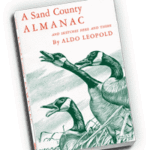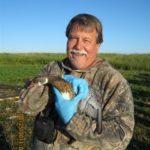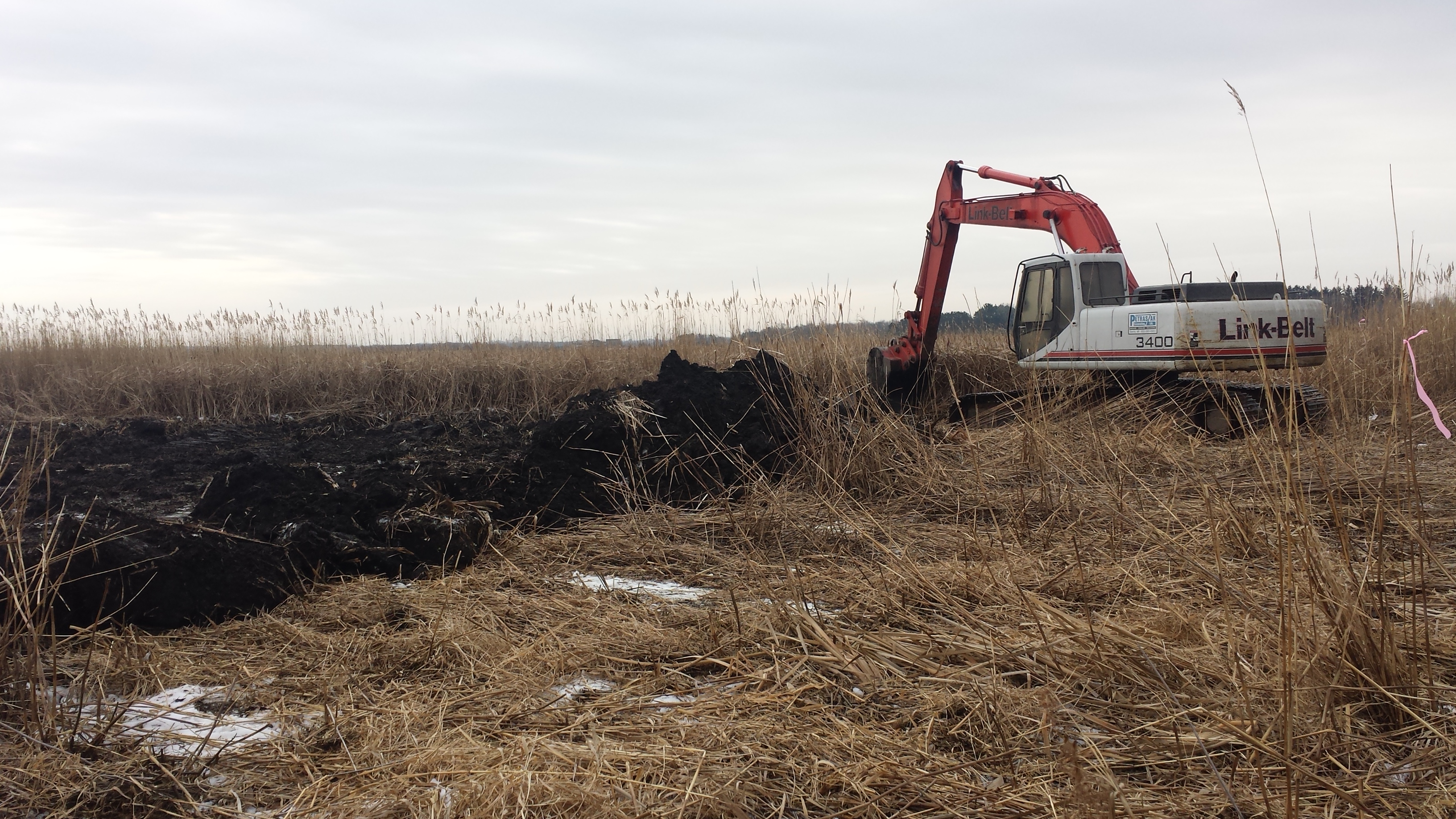This article originally appeared in Wisconsin Waterfowl Association’s May Newsletter edition.
Every spring I make an effort to re-read Aldo Leopold’s “A Sand County Almanac”, a compilation of conservation writing published in 1949, shortly after Leopold’s death.
 First a little background: Aldo was born in Iowa in 1887, schooled on the east coast where he majored in Forestry. He joined the US Forest Service and later was promoted to the Director of the US Forest Products Laboratory in Madison, WI. He was eventually appointed as the Chair in Game Management at the University of Wisconsin at Madison where he remained until his death. He is acknowledged as the father of Wildlife Conservation in America.
First a little background: Aldo was born in Iowa in 1887, schooled on the east coast where he majored in Forestry. He joined the US Forest Service and later was promoted to the Director of the US Forest Products Laboratory in Madison, WI. He was eventually appointed as the Chair in Game Management at the University of Wisconsin at Madison where he remained until his death. He is acknowledged as the father of Wildlife Conservation in America.
To say that Professor Leopold was ahead of his time is no misstatement. Every year I seem to find another nugget of information, important to conservation or land owner ethics in his writing. Leopold’s vision is that the “land is a community”, which is the basic concept of ecology. That conservation is a state of harmony between humans and land.
WWA’s wetland restoration program utilizes ecosystem-based techniques to ensure there is harmony on the landscape; much like Leopold advocated over 80 years ago. Most of WWA’s habitat work is done on private property, which also agrees with Aldo’s interpretation that “land management is an ethical obligation on the part of the private owner” to remedy visible landscape issues.
While I know that not everyone is interested in reading about a conservationist’s ideals from 80 years ago, many of his principals certainly make sense. Clearly written in his last chapter message to us as conservationists: “A thing is right when it tends to preserve the integrity, stability and beauty of the biotic community; and is wrong when it doesn’t”.
While writing this article in the third week of April, I finally see the last of Wisconsin’s winter snow disappearing and find myself, as you might as well, thinking about my own land and how to improve it for conservation. I encourage you to read about our habitat improvement programs. We have a great staff available to help you make sound land conservation decisions, and possibly even help with funding your habitat improvement project.
Together we can continue to ensure that the ecology of our land is a community that can flourish and provide harmony on the landscape!
Thanks for being a member of Wisconsin Waterfowl Association.


